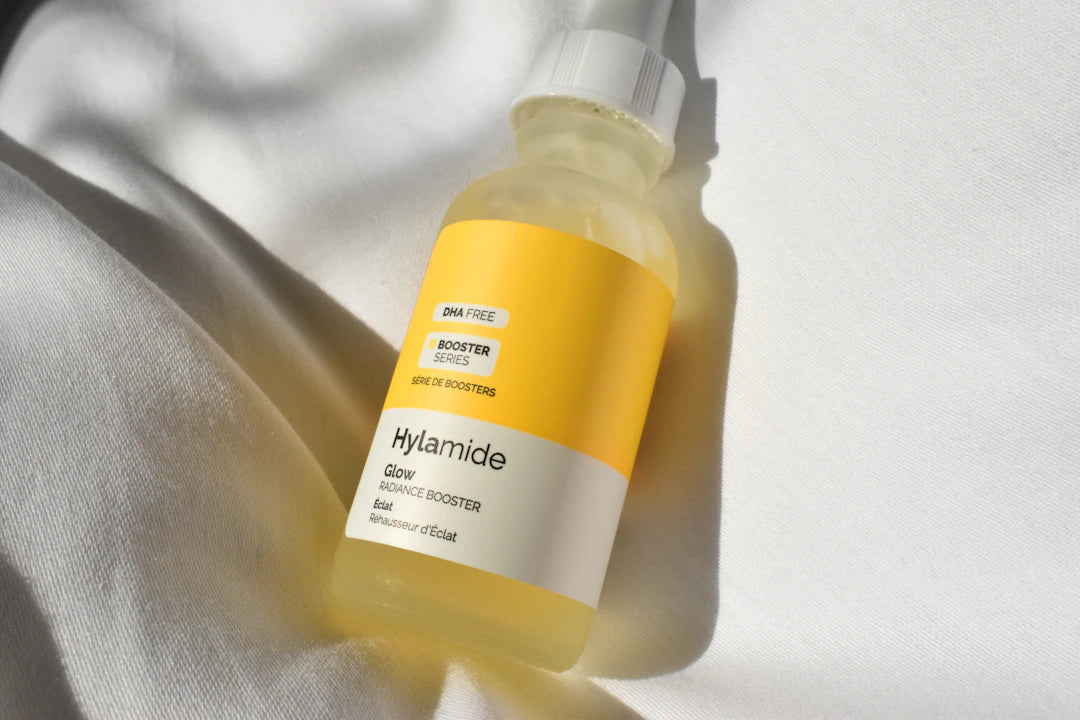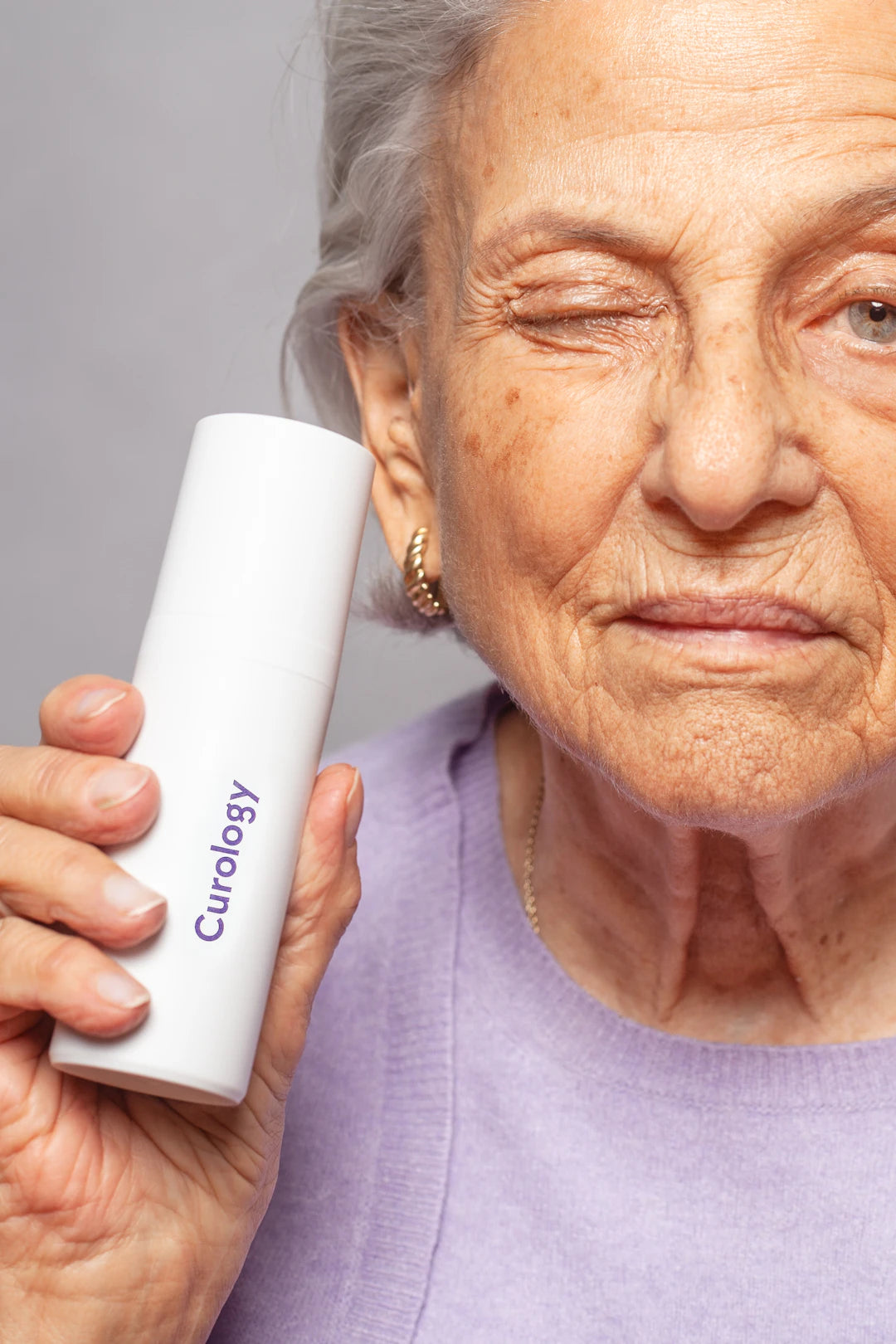The Secret to Radiant Skin: Exploring the Role of Serums in Your Skin Care Routine

Frequently Asked Questions
1. What are serums in skincare?
2. Why should I incorporate serums into my skincare routine?
3. How do I effectively use serums in my skincare routine?
4. What ingredients should I look for in serums for different skin types?
5. Can serums benefit all skin types?
When it comes to achieving a glowing complexion, many people find themselves lost in a sea of products. The beauty industry has evolved, introducing an array of creams, gels, and oils that promise radiant skin. However, one product has emerged as a true hero in the skin care routine: the serum. This potent formula is often a game-changer and understanding its purpose and benefits can help you elevate your skin care regimen to new heights. In this article, we will delve into what serums are, their role in your skin care routine, and why they’re essential for every skin type.
What Are Serums?
Serums are lightweight skincare products formulated to deliver high concentrations of active ingredients deeper into the skin. Unlike traditional moisturizers which create a barrier to lock moisture in, serums are designed to penetrate the skin’s layers and address specific skin concerns. They typically have a thinner consistency and feature a water or oil base that allows for quick absorption. Ranging from hydrating formulas to those targeting signs of aging, the variety of serums available can seem overwhelming. However, this versatility is precisely what makes them a necessary component of any skin care routine.
Why Incorporate Serums into Your Skin Care Routine?
To truly appreciate the impact of serums, it's important to understand the unique benefits they offer. Here are some compelling reasons to make them a staple in your regular skin care routine:
Concentrated Formulation
Serums are formulated with a high concentration of active ingredients such as vitamins, antioxidants, peptides, and more. Because of this concentration, even a small amount of serum can deliver significant results. It's an efficient way to tackle specific issues like dark spots, dullness, or fine lines without overloading your skin with products.
Targeted Treatments
Unlike all-in-one creams, serums are often specialized. Do you struggle with acne, dryness, or signs of aging? There’s likely a serum tailored to your needs. For instance, a micro serum may focus on penetrating deeper layers, addressing skin texture, and delivering intense hydration. This targeted approach can help you effectively combat your specific skin concerns.
Enhanced Absorption
The lightweight nature of serums allows them to be absorbed more readily by the skin. This means that the active ingredients can work deeper within the skin layers, often producing faster results than heavier moisturizers. Incorporating a serum can optimize the efficacy of your entire skin care routine.
How to Effectively Use Serums in Your Skin Care Routine
Now that you understand the benefits of serums, it's essential to know how to integrate them into your skin care routine for maximum effect. Follow these simple steps:
Step 1: Cleanse Your Skin
Always start with a clean slate. Use a gentle cleanser to remove impurities and prepare your skin for the products that follow. Proper cleansing ensures that the serum can penetrate effectively.
Step 2: Tone (Optional)
If you use a toner, apply it after cleansing and before your serum. A toner helps balance your skin’s pH and can improve absorption for the products that follow.
Step 3: Apply Your Serum
Dispense a small amount (usually a drop or two is sufficient) of serum into your palms, then gently press it onto your face and neck. Avoid rubbing, as the goal is to allow the serum to absorb into your skin, not irritate it.
Step 4: Let It Absorb
Give the serum a minute or so to fully absorb before moving on to your next product. This is an important step as it maximizes the benefits of the serum.
Step 5: Moisturize
After your serum has absorbed, follow up with a moisturizer to lock in the benefits and hydration. This also helps create a protective barrier on your skin.
Step 6: Sunscreen (Morning Routine)
If it's daytime, always finish with a broad-spectrum sunscreen. This step is vital for protecting your skin from harmful UV rays.
Choosing the Right Serum for Your Skin Type
Finding the right serum can significantly impact your skin care success. Here’s how to choose a serum tailored specifically for your skin:
Dry Skin
If your skin lacks moisture and feels tight, look for serums that contain hyaluronic acid, glycerin, or ceramides. These ingredients help to hydrate and lock in moisture without feeling heavy.
Oily or Acne-Prone Skin
For those with oily or acne-prone skin, choose lightweight formulas containing salicylic acid or niacinamide. These ingredients help regulate oil production and treat breakouts without clogging pores.
Sensitive Skin
Individuals with sensitive skin should opt for serums with soothing ingredients such as aloe vera, chamomile, or calendula. Look for fragrance-free and hypoallergenic options to minimize irritation.
Combination Skin
For combination skin, a serum that balances hydration and oil control is ideal. Look for a formula that includes both hydrating and oil-controlling ingredients, allowing you to cater to the varying needs across your face.
Aging Skin
If you are focused on anti-aging, look for serums rich in antioxidants, retinol, or peptides. These ingredients help improve elasticity, fade fine lines, and rejuvenate your skin’s appearance.
Serums: A Beautiful Boost
The market is flooded with a diverse range of serums, but their roles in your skin care routine should always align with your personal skin goals. By understanding how serums work and integrating them into your regimen correctly, you can enhance your overall skin health and appearance significantly. Remember to always patch test a new serum before fully incorporating it and consult with a dermatologist if you have specific concerns or conditions.
Who knew that a little bottle could hold so much power? By exploring the world of serums, you’re not just following a trend; you’re investing in the vitality of your skin. Say goodbye to dull, lifeless skin and hello to a complexion that radiates health and beauty!


